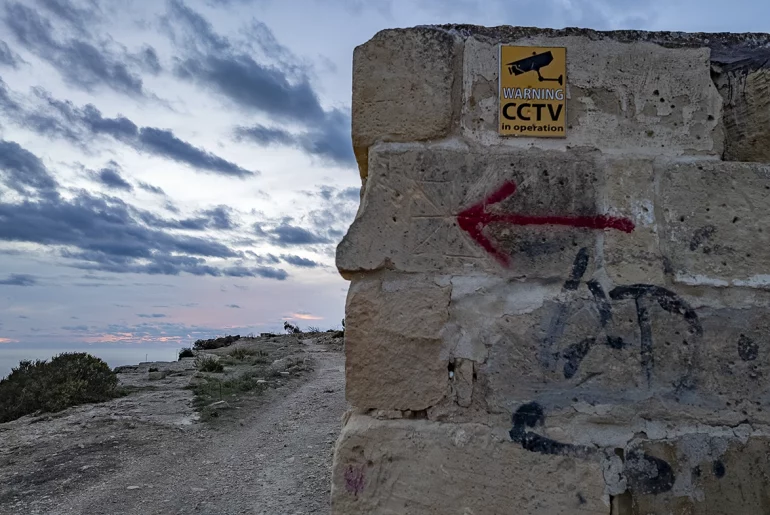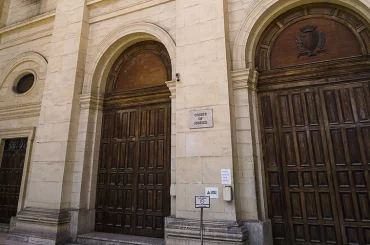The government has opened a trapping season for 7 finches for two months starting today, a timeline that in any scenario would fit within any deadline of proceedings expected to be taken by the EU Commission against Malta.
The trapping season conducted under what is widely considered to be a guise research project was announced after Clint Camilleri’s trip to Brussels last week. Camilleri, the Gozo Minister who also holds the portfolio of hunting and trapping, met the EU’s commissioner for the environment, and afterwards put a brave rhetorical spin on the talks in a video post on Facebook.
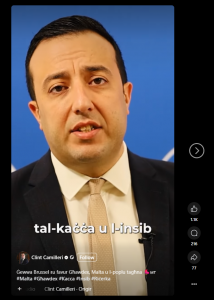
Two things are telling: that the government, according to Camilleri, held firm to its legal position on the legality of the so-called Finch Research Project; and that the minister had invited the EU Commission to work together to find a solution.
This indicates that the EU remains committed to legal action, something an EU official spoke to me about several weeks ago. At the time, the official who spoke to me under condition of anonymity told me that the mood in the EU Commission is to escalate legal proceedings against Malta.
Bird trapping of finches is prohibited in EU rules, but Malta has been yearly implementing a ‘derogation’ from EU law to open a trapping season despite the derogation twice being found to be in breach of EU rules by the European Court of Justice (ECJ).
Camilleri’s ministry initially opened a trapping season by arguing that the trapping was being conducted as a research project into the origin of finches that migrate over Malta. Then, in September of 2024, the ECJ found this illegal because the scientific argument used to justify the derogation was not rigorous enough. That led to the minister to publish a new legal notice last year in which the argument that trapping was needed for scientific data was fleshed out in greater detail. That greater detail has also carried over in this year’s legal notice, which was published last Saturday, for this year’s derogation.
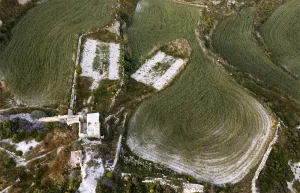
The legal notice certainly tried to build a scientific argument, but you cannot shake the feeling when reading it that the legal notice is written in a way that makes the case for the so-called Finches Research Project as set out by the government. There is only superficial analysis on alternative models of research, the reasoning appears selective or narrow, as if designed to shape the argument that the way that bird trapping has been practiced in Malta is the best way to do the research.
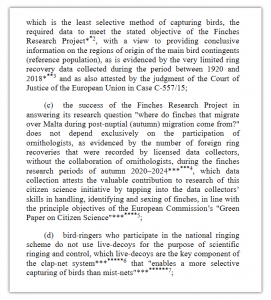
The legal notice even argues that Maltese bird trappers – admittedly not ornithologists – were part of a ‘citizen science initiative’ and attempts to justify this by referencing the EU Commission’s ‘Green Paper on Citizen Science.’
The bluff or logic did not cut it with the EU Commission, which recommenced legal proceedings once again after last autumn’s trapping season – the so-called Finches Research Project.
The thinking within the commission is that there is enough evidence and legal traction to proceed against Malta in terms of Article 260 of the Treaty of the Functioning of the European Union (TFEU), the legal instrument that is often referred to as the EU constitution. Article 260 provides for legal action against an EU State that fails to adhere to judgements of the ECJ.
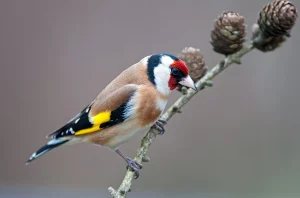
In other words, the EU Commission believes that the reopening of a finch trapping season last autumn – and now again starting today – is not in keeping with the judgement of the ECJ of September 2024.
The next step of the proceedings by the Commission is issuing what is referred to as a Reasoned Opinion – once that is issued, then Malta would have two months to put an end to trapping. Failing that, and if it eventually loses a court case in front of the ECJ, then Malta would be subject to daily fines that are backdated to the lapse of the two-month period from the issuance of the Reasoned Opinion.
If a reasoned opinion is issued soon, then the current season – which opens today for two months – would still have come to an end by the time the two-month trigger for daily fines comes into play.
Featured Image: Signs and warnings of security footage alongside a path where there are a cluster of trapping sites near Ta Cenc in Gozo, an area popular with tourists.
Would you keep this project afloat
I rely on donations and grants to sustain myself and keep this website running. Income from donations this year has been a pittance. I am trying to raise enough to cover the technical, subscription costs of running this website. Contribute as little as €10 to sustain this website's authoritative journalism that reaches a key audience, serving as reference material and becoming amplified in the process.

